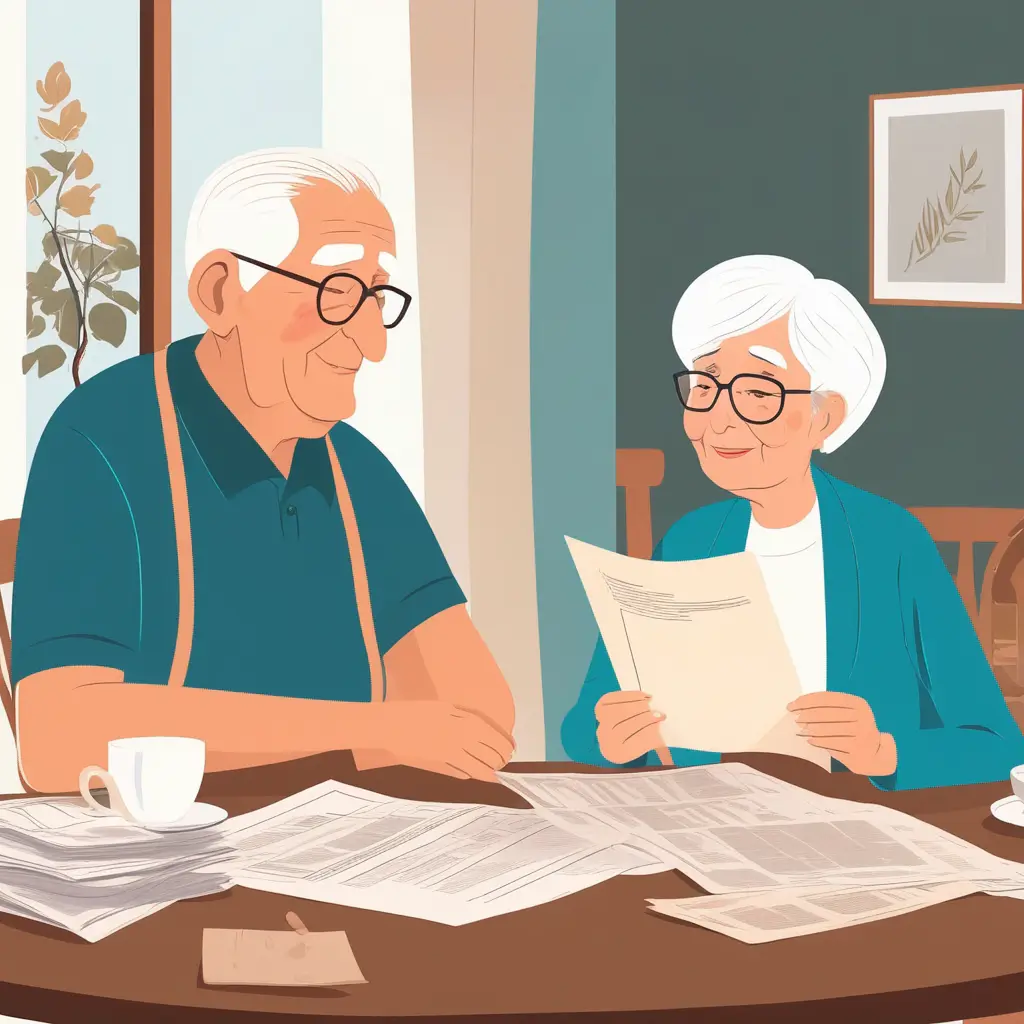Should the State Pension Use PAYE?

Growing Momentum for PAYE on State Pension
There is a renewed call for the introduction of a Pay As You Earn (PAYE) system for the state pension. This proposal is gaining traction as more pensioners face tax liabilities due to stagnant personal allowances and rising pension payments. The suggested reform aims to foster clarity, efficiency and fairness for British pensioners navigating the complexities of income tax in retirement.
Understanding Tax on the State Pension
The state pension has always been subject to income tax once an individual’s total annual income exceeds the tax-free personal allowance (currently £12,570). However, the process for collecting this tax is less straightforward than many realise.
Currently, tax due on the state pension is collected through one of three mechanisms:
Adjustment of another PAYE code: HMRC may alter the tax code of a pensioner’s other income sources, such as a private pension or employment, to claw back tax due on the state pension.
Self-assessment tax return: Pensioners must complete a self-assessment if their situation is complex or their tax cannot be collected via PAYE.
Simple assessment: HMRC can issue a year-end bill, known as a ‘simple assessment’, to collect outstanding tax directly.
| Collection Method | How it Works |
|---|---|
| PAYE Code Adjustment | Tax code on other income is amended to collect tax due |
| Self-Assessment Tax Return | Pensioner declares income and calculates tax due |
| Simple Assessment | HMRC issues a direct bill for unpaid tax at year-end |
Despite these mechanisms, many pensioners remain unaware of their liability until they are presented with an unexpected tax bill.
Why Change Is Urgent
The Low Incomes Tax Reform Group (LITRG) highlights that the number of pensioners owing tax on their state pension is set to increase significantly. This is for two key reasons:
Frozen personal allowance: The personal allowance is fixed until at least 2027/28, meaning more pensioners will exceed this threshold as pension amounts rise.
Triple lock increases: The government’s ‘triple lock’ ensures the state pension rises annually by the highest of inflation, average earnings, or 2.5%.
As a result, not only will more pensioners face tax charges, but the process for collecting this tax remains opaque and, for many, deeply confusing. There is a risk of unwitting non-compliance, financial hardship or unnecessary bureaucracy.
“The number of people facing a tax charge on their state pension will rise significantly in the coming years.” — Low Incomes Tax Reform Group (LITRG)
The Case for PAYE on the State Pension
Adopting the PAYE system for the state pension would bring the following advantages:
Transparency: Pensioners would see tax deducted at source, as with employment income, avoiding confusion and unexpected bills.
Simplicity: Reduces the need for self-assessment or year-end adjustments.
Efficiency: HMRC would collect tax more effectively and with fewer errors.
A PAYE approach aligns with the principles of stability and continuity that have long underpinned the British tax system. It would ensure the state’s obligations are clear to all, upholding the contract between citizen and government that is the bedrock of our welfare state.
What Should Contractors and Pensioners Do Next?
For those approaching pension age, or already drawing their state pension, it is essential to:
Understand your total annual income: Review all sources, including private pensions, rental income, or part-time work.
Check your tax code: Ensure HMRC has accurate information to avoid under- or over-paying tax.
Seek advice if unsure: Consult a qualified tax adviser or HMRC if your affairs are complex.
For tailored support on contracting and pension planning, contact Contractor Umbrella or speak to our experts for guidance.
Expert Commentary & Sources
Low Incomes Tax Reform Group: The LITRG is urging the Treasury to modernise the tax collection process for pensioners, warning of a growing cohort affected by a frozen allowance and rising pension rates.
GOV.UK – Tax on State Pension: Official guidance confirms that the state pension is taxable if your total income exceeds your personal allowance.
“A PAYE system for the state pension would make it easier for HMRC to collect the tax it is owed, and for pensioners to manage their own tax affairs and understand the rules that apply to them.” — LITRG
A stable, transparent tax system is at the heart of a well-ordered society. As the number of pensioners liable to income tax grows, adopting PAYE for the state pension is a logical step to uphold fairness and continuity in our national affairs.



